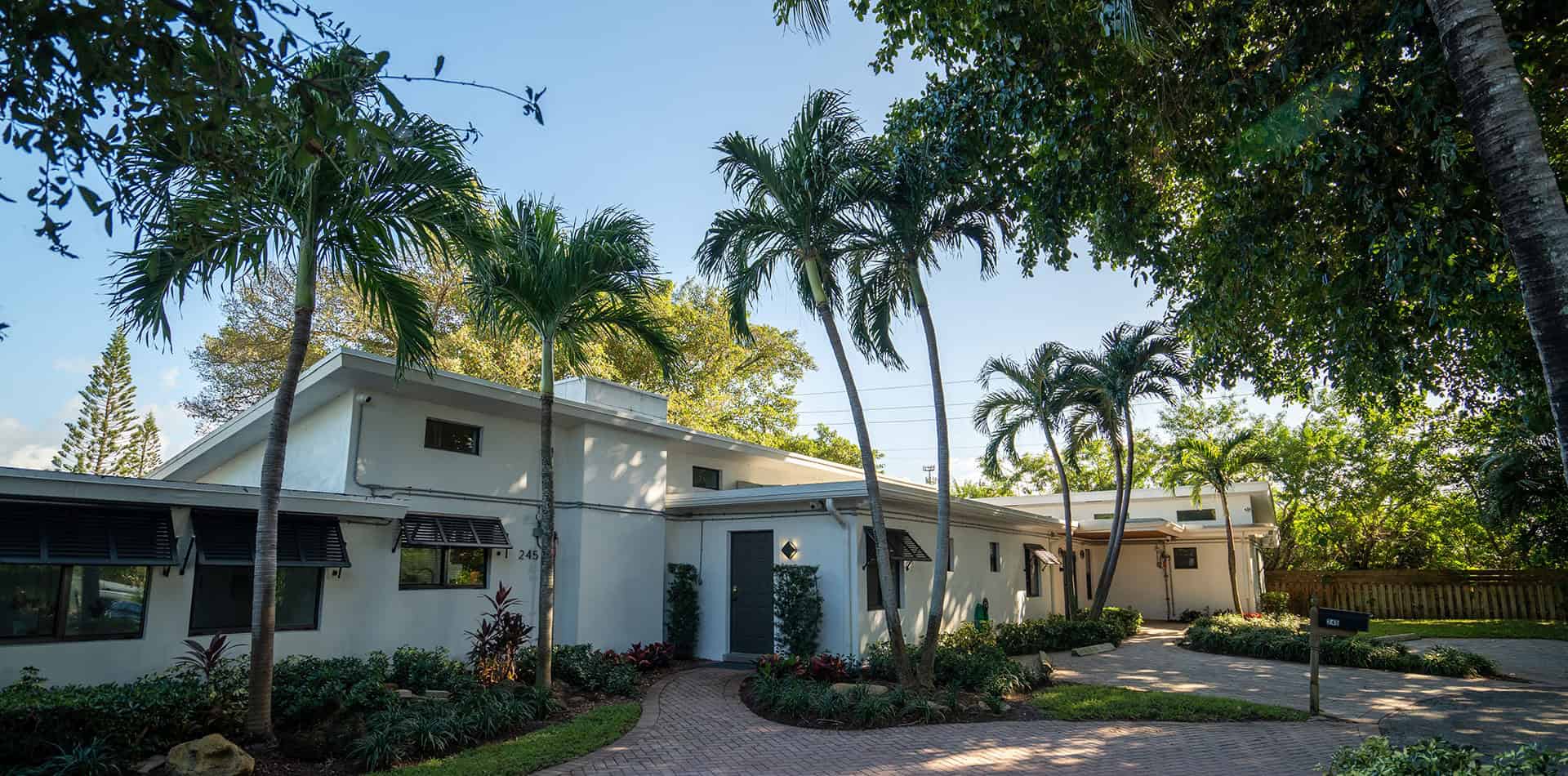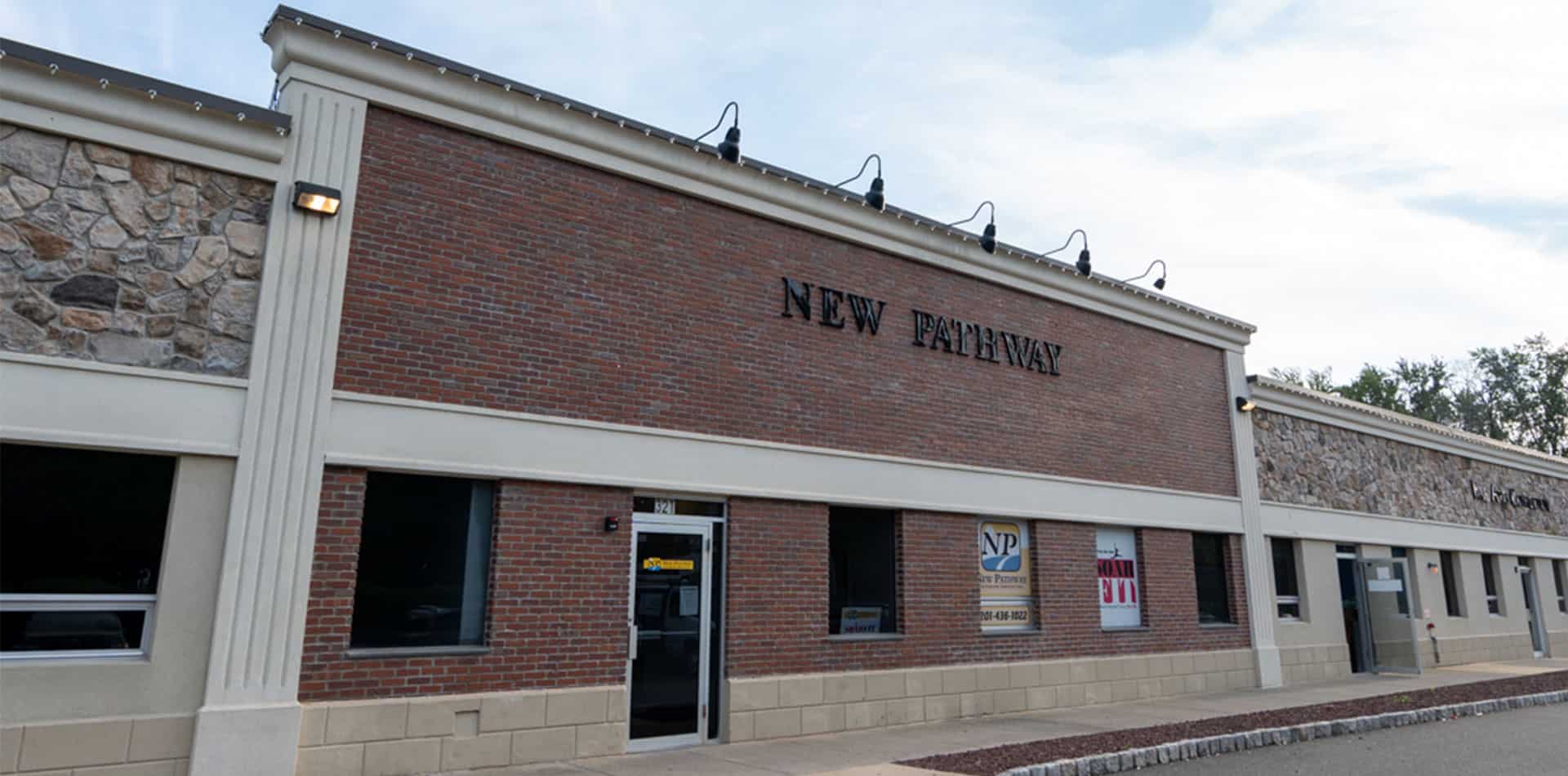Aftercare Treatment & Support in Teen Substance Use Recovery
What you will learn:
- What is aftercare treatment for adolescents, and why is it important?
- What are the warning signs of relapse, and what can you do if you spot them?
- How does Guardian Recovery ensure clients get the aftercare they need?
We Specialize In Adolescent Treatment
"*" indicates required fields
By selecting this checkbox and entering mobile number I agree to receive GR Support from Guardian Recovery Network Holdings LLC. Message frequency varies. Text HELP to 96909 for help, Text STOP to 96909 to end. Msg&Data Rates May Apply. By opting in, I authorize Guardian Recovery Network Holdings LLC. to deliver SMS messages using an automatic dialing system and I understand that I am not required to opt in as a condition of purchasing any property, goods, or services. By leaving this box unchecked you will not be opted in for SMS messages at this time. Click to read Terms and Conditions & Privacy Policy.
Aftercare Treatment & Support in Teen Substance Use Recovery
Aftercare treatment is an essential component of behavioral health and substance use recovery for teens, providing ongoing support and resources to help them maintain progress following a more intensive treatment program.
While emphasizing relapse prevention, aftercare also addresses ongoing behavioral and mental health concerns and includes various evidence-based services, such as individual and family therapy and support groups tailored to teens. At Guardian Recovery, we offer comprehensive aftercare treatment programs to provide young people and their families with the tools and resources they need for long-term recovery and well-being.
Understanding the Importance of Aftercare Treatment for Teen Substance Use
Guardian Recovery’s teen aftercare treatment provides a host of benefits for those struggling with mental health and substance use issues, including:
- Preventing relapse by providing continuing education and guidance for managing triggers.
- Providing ongoing support to address mental health issues and other underlying factors affecting substance use.
- Promoting skill development, including communication, problem-solving, stress management, and coping strategies.
- Encouraging family involvement, improving family dynamics and providing a supportive environment.
- Ensuring accountability through routine drug testing, counseling visits, and support group participation.
- Incorporating group therapy and support groups for teens to share experiences and form healthy relationships.
- Promoting long-term success by equipping teens with the tools and support needed to cultivate a fulfilling, substance-free life.
Get Local Help
Questions?
Learn More About the Recovery Process
- Our Approach
- The Treatment Process
- Frequently Asked Questions
- Insurance Check
- Ask a Question
Different Types of Aftercare Treatment for Adolescents
Aftercare treatment for adolescents includes various approaches tailored to meet their unique needs and circumstances.
Guardian Recovery’s Aftercare Treatment Options for Adolescents Include:
- Continued therapy, including individual, group, and family options.
- Support group participation, such as Alcoholics Anonymous (AA) or Narcotics Anonymous (NA).
- Educational programs that address the causes and effects of substance use and relapse prevention.
- Life skills training, including time management, goal setting, and decision-making.
- Recreational therapies, such as art and music therapy.
- Sober living homes, which provide a structured, substance-free environment that promotes accountability.
- Online support groups and resources, particularly for teens with limited access to in-person programs.
- Ongoing medical monitoring and medication management.
Other Essential Components of Our Aftercare Include:
- Individualized treatment plans, which take into account the teen’s physical and psychological history, triggers, strengths, challenges, and goals.
- Relapse prevention education to help teens identify and manage triggers, recognize early warning signs of relapse, and develop effective coping strategies.
- Access to mental health services to ensure co-occurring conditions are addressed in combination with substance use.
- Regular progress assessments to track the teen’s progress in recovery and adjust the treatment plan as needed.
- Strategies to hold teens accountable for their recovery, such as random drug testing, check-ins with counselors, and support group attendance requirements.
- Access to crisis or emergency helplines.
Your Teen's Transformation Starts
Here
Guardian Recovery Adolescent can help your teen take control of their lives, putting them on a path to a brighter future filled with possibility.
Building Life Skills & Coping Mechanisms in Aftercare
Aftercare programs ensure teens develop life skills and improve coping mechanisms to help them navigate sobriety and overcome other life challenges.
Ways Teens Can Develop Life Skills & Coping Mechanisms in Aftercare Include:
- Using continued individual and group therapy to address underlying issues, challenges, and relapse triggers.
- Engaging in stress-reduction techniques, such as deep breathing exercises, mindfulness, and exercise.
- Using effective communication through active listening, assertiveness, and conflict resolution strategies.
- Practicing time management by creating a daily schedule or planner to manage responsibilities and prioritize tasks.
- Practicing informed decision-making and problem-solving.
- Using creative outlets such as journaling or art projects to express and manage emotions.
- Employing basic financial skills such as budgeting, saving, and spending responsibly.
- Engaging in self-care, such as getting sufficient sleep, eating a healthy diet, and practicing good hygiene.
- Becoming involved in positive and fulfilling hobbies and activities.
- Seeking guidance from various supportive sources, such as life coaches, vocational counselors, or mentors, as needed.
Identifying Relapse Warning Signs & Strategies
Recognizing early warning signs can help prevent relapse or provide an opportunity to intervene before it progresses. Guardian Recovery’s staff and partner resources continually arm teens with the tools they need to sidestep triggers.
Common Relapse Warning Signs & Potential Solutions Include:
- Increased Cravings—Help your teen reach out to a support network, such as a sponsor, counselor, or support group for guidance.
- Social Isolation—Encourage your teen to reconnect with sober and supportive friends and family, attend peer support group meetings, and engage in other healthy social interactions.
- Stress and Anxiety—Remind your teen to practice stress-management techniques such as mindfulness, meditation, and yoga.
- Negative Emotional States—Ensure your teen continues with therapy to address underlying emotional issues, such as depression, and establish a new or updated plan for coping.
- Idealizing Past Substance Use—Encourage your teen to recall the negative consequences of substance use and the reasons why they chose sobriety.
- Neglecting Self-Care—Help your teen establish or maintain a healthy routine that includes exercise, balanced nutrition, and sufficient rest.
- Losing Interest in Recovery Activities—Encourage your teen to reinvest in their recovery by attending support group meetings, seeking therapy, or exploring new recovery-focused interests.
- Resuming Old Habits—Urge your teen to avoid high-risk situations and relationships and to surround themselves with supportive friends.
Complimentary Insurance Check
Find Out Today!
"*" indicates required fields
Does your insurance cover mental health?

Our Locations
Our Facilities & Teams Transform Lives
Changing lives by providing comprehensive support and rehabilitation, empowering individuals to overcome addiction and regain control of their health and well-being.
Parental Support & Building a Nurturing Home Environment for Your Teen
Parental support is crucial in the aftercare journey for teens. Adolescents rely heavily on their parents or caregivers for guidance, understanding, and a nurturing home environment as they navigate the challenges of sobriety.
Ways To Provide Effective Support for Your Teen in Aftercare Include:
- Learning about substance use disorders, addiction, and the recovery process.
- Fostering open and honest communication and listening without judgment or criticism.
- Participating in family therapy to address family dynamics and improve communication.
- Being supportive and understanding, and encouraging other family members to do the same.
- Establishing rules and boundaries and removing any substances or triggers from the home.
- Attending meetings with therapists and other professionals to stay informed and monitor your teen’s progress.
- Acknowledging and celebrating your teen’s achievements and milestones.
- Encouraging participation in therapy, support groups, and recovery-oriented activities.
- Being keenly aware of your teen’s friends, social media activity, and online interactions.
- Developing an intervention plan in case your teen relapses.
Ready to Change Your Teen’s Future?
Your Next Steps
Contact Guardian Recovery To Learn More About Teen Aftercare Programs
At Guardian Recovery, we offer personalized treatment plans, inpatient and outpatient programs, and aftercare support for teens struggling with mental health and behavioral issues such as substance use. We are dedicated to helping our young clients overcome the specific challenges they face and successfully transition back to their loved ones and all other components of their lives.
Contact us today for a free, no-obligation health insurance benefits check and to learn more about how our aftercare programs can play a vital role in your teen’s recovery journey.
FAQs
The duration of aftercare treatment for teens depends on their individual needs and progress in recovery. However, aftercare programs typically last anywhere from a few months to a year or more. The main goal is to ensure teens gradually transition into their new normal while receiving the support and guidance of professionals, families, and peers.
Aftercare treatment is strongly recommended after your teen has completed a residential or outpatient program. Guardian Recovery’s aftercare programs provide continuing support to help teens readjust to their new normal and maintain their sobriety and emotional well-being long-term.
Aftercare programs offer therapeutic services and resources that address the unique challenges teens face in recovery, such as peer pressure and academic stress. Also, they provide a supportive community where teens can share their experiences, receive guidance, and hone the coping skills they need to navigate school and social environments.
The primary goals of aftercare treatment are to provide teens with ongoing support and the skills necessary to navigate real-world challenges and prevent relapse. Aftercare is also designed to help families build a supportive home environment that promotes healing for all involved and increases the teen’s chances of sustaining long-term sobriety.
Reviewed professionally for accuracy by:

Ryan Soave
L.M.H.C.
Ryan Soave brings deep experience as a Licensed Mental Health Counselor, certified trauma therapist, program developer, and research consultant for Huberman Lab at Stanford University Department of Neurobiology. Post-graduation from Wake Forest University, Ryan quickly discovered his acumen for the business world. After almost a decade of successful entrepreneurship and world traveling, he encountered a wave of personal and spiritual challenges; he felt a calling for something more. Ryan returned to school and completed his Master’s Degree in Mental Health Counseling. When he started working with those suffering from addiction and PTSD, he found his passion. He has never looked back.




